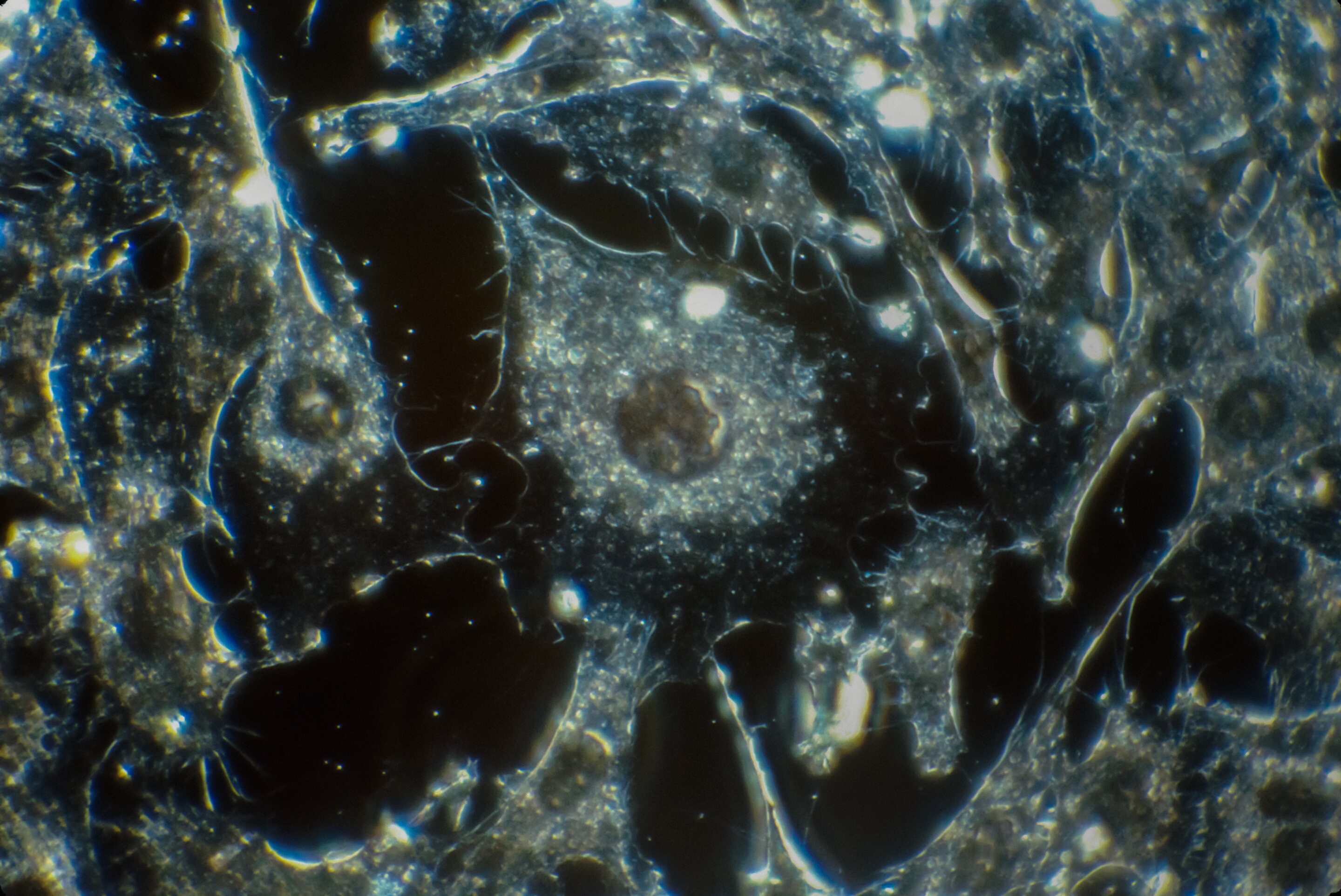Scientists at the University of Colorado Boulder and Princeton University have, for the first time, employed a tool often used in geology to detect the atomic fingerprints of cancer.
In a case of medicine meets Earth science, the researchers discovered that cancer cells may be made from a different assortment of hydrogen atoms than healthy tissue.
The team found that cells that are growing really fast, such as cancer cells, contain a much different ratio of hydrogen versus deuterium atoms. Think of it like cancer leaving a fingerprint on the doorknob of a crime scene.
You must log in or # to comment.


